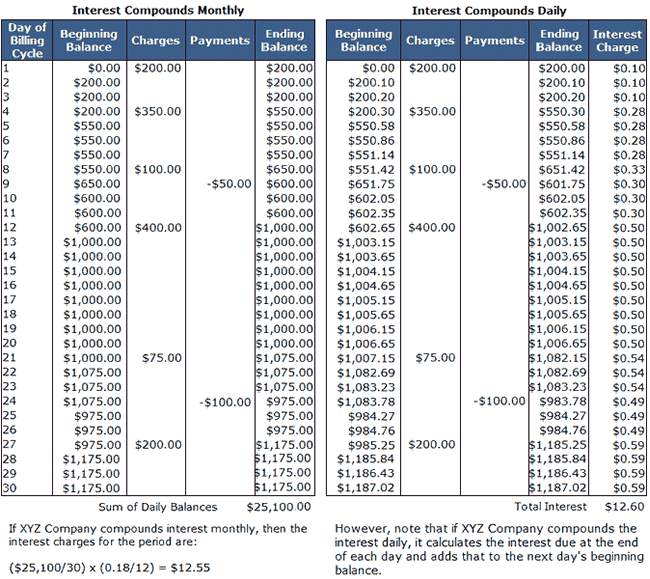A 2nd house is normally defined as a home you would live in for some part of the year. Unlike a primary home, you do not have to live there for most of the year, and it does not need to be close to where you work. Holiday homes are perfect examples of second houses. They fit the category of being a place you only reside in for some part of the year, and they likewise do not count as investment homes. There are a few types of loans that can't be utilized to buy a second home. For instance, you can't use an FHA loan or a VA loan to acquire a second home.
A significant example of this is that the majority of lenders are stricter with the debt-to-income ratio of the purchaser as well as their credit score. Affordability, location, and timeshare price upkeep are 3 crucial things to consider when you're wanting to purchase a second house. Purchasing a second home that will be utilized as a rental property comes with a number of benefits, many significant of which are the tax reductions. But on the other hand, it likewise suggests that a purchaser will become a property owner and have specific duties that will require time and energy. It is one thing having a 2nd home that you just go to for annual holidays, and it is an entirely various thing to have a 2nd home that will be rented out.
They are: You must live within the home for at least 2 week per year. You must reside in your home for at least 10 percent of the days that it is rented. An example of these conditions being fulfilled is a 2nd home that you lease out for 200 days in a year and live in for a minimum of 20 days in the year. Fulfilling these conditions guarantees that your home receives a 2nd home mortgage. Considering that second house mortgages are usually much easier to receive than financial investment home mortgages and feature lower interest, it is necessary for you to thoroughly assess all the requirements involved in fulfilling them.
The smart Trick of How To Finance A Pool With No Equity That Nobody is Talking About


You require to understand the distinction in between the 2, since getting a home loan for one is generally a more complicated and pricey process. Lenders usually charge buyers higher rate of interest when they are obtaining home loan cash for a financial investment residential or commercial property that they prepare to rent and eventually cost a profit. There's a factor for this: Lenders think about loans for these houses to be riskier. Due to the fact that purchasers aren't actually living in these homes, loan providers believe that they might be more ready to ignore them-- and their home loan payments-- if they suffer a monetary setback.
Lenders will also require that buyers come up with a higher down payment-- usually a minimum of 25 percent of a house's last prices-- when they're borrowing for a financial investment residential or commercial property. Once again, this comes down to security. Lenders think that purchasers will be less likely to walk away from the loans on their financial investment residential or commercial properties if they've currently invested more of their own money in these homes. When you're all set to purchase a second home, then, it is essential to know whether you're buying a second house or an financial investment residential or commercial property. Joe Parsons, senior loan officer with PFS Funding in Dublin, California, stated that the rate of interest charged on 2nd and investment homes can differ commonly.
If loan providers consider that residential or commercial property a second home, a debtor who puts down 20 percent might expect a rates of interest of 4. 125 percent for a 30-year fixed-rate loan. But if that exact same debtor were to purchase the identical home as a financial investment home, the debtor would probably be charged a rate of interest of 4. 875 percent with the exact same down payment of 20 percent, Parsons stated. If the customer created a bigger down payment of 25 percent, the rate of interest would probably be up to 4. 5 percent, Parsons stated. Deposits are another prospective obstacle for buyers buying 2nd houses or investment residential or commercial properties.
What Does R Squared Mean In Finance - Truths
However many lenders will need that 25 percent deposit for financial investment homes, Jensen said. Certifying for a loan for a second or financial investment property can be difficult, too. That's since you may currently have an existing mortgage that you are paying down, and those month-to-month payments are included in your debts. How to finance an investment property. However what makes a house a 2nd house or a financial investment property? You can consider a 2nd home to be like a trip house. You're purchasing it for your own enjoyment, and you reside in it for a particular duration of time every year. If you do not live in it on a semi-regular basis, lenders will rather consider it a financial investment home.
Normally, lenders will just think about a residential or commercial property as a 2nd house if it is at least 50 miles away from your main residence. This might appear odd, but why would your i just bought a timeshare can i cancel second house, a house that you would think about a villa, be found any more detailed to where you currently live? A financial investment home more info is generally one in which you do not live. Instead, you lease it out throughout the year (What are the two ways government can finance a budget deficit?). You might intend on holding the home till it appreciates enough in worth to allow you to sell it for a healthy earnings. Unlike a 2nd home, a financial investment property can be located near your main home.
" You may use it personally, but it isn't for your sole use. You plan on leasing it out, in part of the entire thing, from time to time." But a second home? That's a different animal. "You do not rent any portion of it out for any quantity of time," Jensen stated. "It is solely for you to utilize. Possibly you live in one of those cold, northern states, and purchase a 2nd house in a warm, southern state to live in during the cold weather. If you don't lease it out during the times you aren't there, that is thought about a second home." Since lenders charge greater interest rates for financial investment homes, some debtors might be lured to trick their mortgage service providers, claiming that their investment home is really a second house.
How Long Can I Finance An Rv Fundamentals Explained
Amy Tierce, regional vice president with Wintrust Mortgage in Needham, Massachusetts, encourages against this. Lying about whether a house is a 2nd home or an investment home is mortgage fraud. If you're learnt, you could face heavy fines. "Tenancy scams is growing, and underwriters are trained to ferret out home mortgage applications that seem for investment purposes although they are structured as 2nd houses in order for the purchaser to get a better rates of interest," Tierce stated. Tierce stated that underwriters will initially take a look at where the primary home is in relationship to the 2nd home. Some customers may live outside of the city, and a second home might be a city apartment.